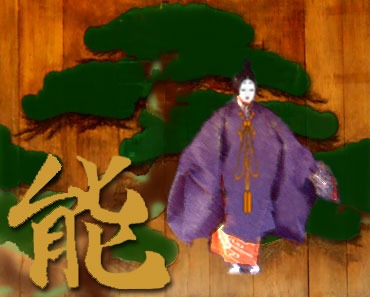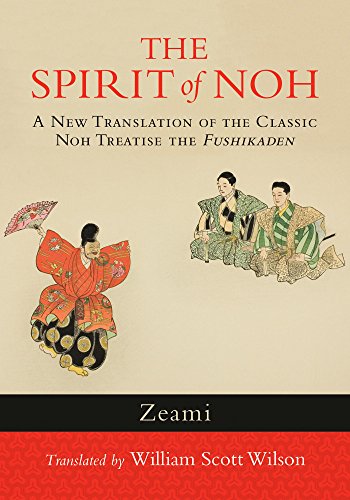
Yugen
Yugen (幽玄) : a profound, mysterious sense of the beauty of the universe, as well as the feeling of human beings in the face of this vastness. It’s an important concept in Japanese art and culture, particularly in traditional arts like Noh theater and Zen-inspired poetry and painting.
The kanji characters for Yugen break down to “幽” (yu) meaning “subtle” or “profound” and “玄” (gen) meaning “mystery” or “darkness”. Together, they represent a beauty or experience that is felt but is just out of the reach of complete comprehension or expression.
The appreciation of Yugen often involves the understanding of the world through subtle and unobvious details. It’s not about what’s openly displayed but rather what’s hidden, suggested, or implied. The feeling is often linked with a kind of melancholy or the sublime sense of awe one may experience when considering the enormity and mystery of the universe.
For example, a simple landscape painting with a lot of negative or empty space may seem underwhelming at first, but to a viewer attuned to Yugen, the empty space is filled with potential and the unsaid or unseen. It is this hint of the profound and unknowable, this balance between what is seen and what is imagined, that embodies the aesthetic of Yugen.
In a more philosophical context, Yugen can reflect the recognition of the impermanence of things, appreciating the fleeting nature of beauty, and acknowledging the profound mystery of our existence in this vast universe.


